It would be an understatement to say that it’s a difficult time to be a CFO.
The global downturn has venture capitalists investing more cautiously, at lower valuations and with stricter demands on startup cash flow. Companies are laying off staff to extend their runway. They’re also grappling with how to compensate their workforces as inflation and, consequently, the cost of living continues to rise.
So what’s top of mind for Europe’s CFOs? And how are they planning to navigate the choppy waters ahead?
We checked in with six CFOs in Europe — from N26 to Omio and Paddle — and asked them: what’s the biggest challenge you’re facing right now? Below are their responses.
CFO of N26: Recalibrating our strategy to accelerate toward profitability

Times are tough. Rising inflation is hitting our customers, who have to contend with higher costs of living and lower purchasing power overall. Heightened macroeconomic and geopolitical risk plus rising interest rates mean we are in a market of volatility and uncertainty. Investor appetite in both public and private markets has drastically pulled back, and capital for growth today comes at a high price. We’ve seen many in our industry hit hard, struggling to raise capital, and having to downsize their teams and valuations.
Relative to our peers, we at N26 are fortunate to be in a better position. Our recent Series E round at the end of last year means we’re well-funded and ready to weather the tough economic times ahead. N26’s business model sees revenue come in primarily from customer activity and our tiered value proposition. But unlike many companies in the tech space, our business model also has a natural hedge against rising interest rates. As a regulated bank, we are today able to invest our treasury in positive interest yielding assets at an even higher rate of return, helping to drive an additional stream of interest-based revenues.
In recent years, we’ve also refocused our strategy to prioritise primary account usage over plain user growth. It’s improved our unit economics to one of the best in our industry, but also helped build resilience so that customers continue to choose us as an essential service even as discretionary spending may decline.
All these are important at a time where there is a heightened focus on earnings and sustainability in a business model. Yet, as global VC funding in the tech space continues to slow, our focus too needs to adjust. We are recalibrating our strategy to extend our runway and accelerate toward profitability, with the intention of ultimately becoming independent of external funding. Sustainable growth and disciplined financial management that translates into improved margins is how we plan to navigate the uncertainty over the medium and long term.
Jan Kemper, CFO and COO at digital bank N26
Chief financial officer of Doctolib: Reaffirming our long-term priorities towards care teams, patients and employees
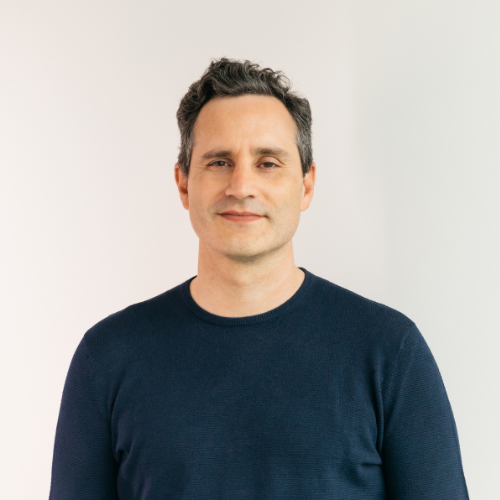
When we understood how far-reaching the change of market and economic context was, we reviewed and scrutinised our plans: all assumptions, all scenarios… we left no stone unturned. We were very fortunate to enter the turmoil with a particularly resilient business model in a non-cyclical sector. So as soon as we made certain that we had removed the funding risk from the equation and that resources and projects serving our customers were properly planned, we were able to focus on the persistent challenge: how to uphold our employee value proposition regardless of external circumstances? In the long run, this will be critical to guarantee the best services to our users — healthcare practitioners and patients.
To offer job security, a regular increase of salaries to match fast career paths, inflation and rising market standard and to keep hiring to reinforce our team skills — those are brilliant basics that are quite easy to assess financially. You can or you cannot face the cost. More tricky is the adaptation of employee shareholding plans (all employees have shares or stock options at Doctolib) to maintain strong wealth creation in the current market context.
This is going to remain one of our challenges in the coming months, working hard with our key investors to develop adapted solutions to deliver value to our employees despite uncertainties on liquidity and private market multiples. But we know that to serve our purpose — to strive for a healthier world — we need dedicated teams with an entrepreneurial mindset. And the winning strategy is to do right by them in all circumstances.
Pierre Vergnes, chief financial officer at healthtech Doctolib
CFO of Omio: Striking the balance between prudence and leaning in
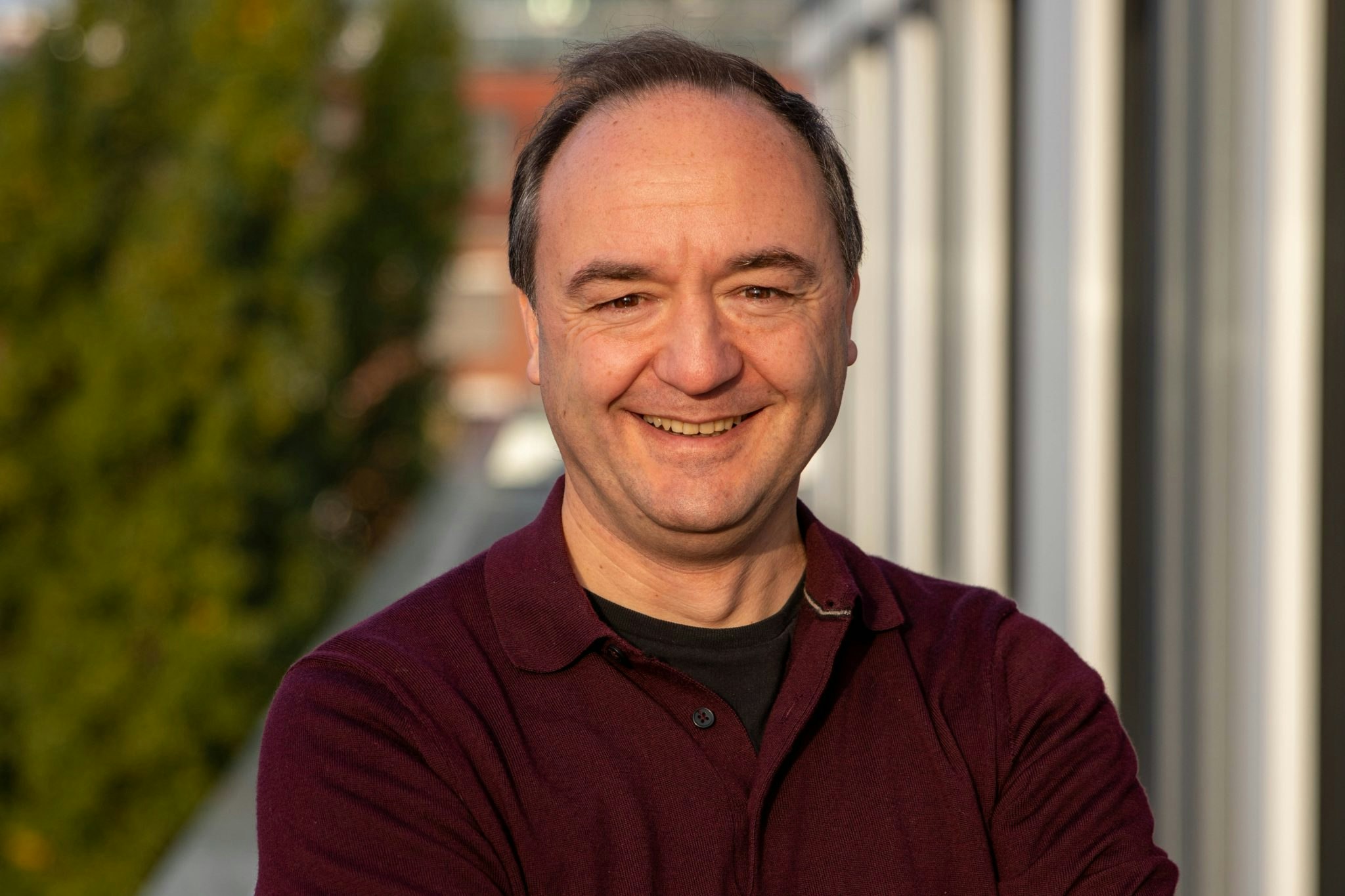
There is a stark contrast between the performance of financial markets and that of our company: our growth rate and level of bookings are at an all-time high, while financial markets are completely locked out.
For a lot of startups, Covid has been an opportunity for accelerated development, at a time of easy access to low-cost funding. Many have, rightfully so, taken up the chance to grow without having to care too much about their operational efficiency. For us as a travel company, Covid was the worst crisis we have had to face. For a long time, we didn't know if we would be able to survive much longer. Over the last two years, we've had to rethink our operational model and compress our operating costs as much as possible. We learnt to be frugal and make the most of our scarce affordable resources.
Now that markets — especially in travel — are rebounding, we can reap the benefits of our relentless cost-conscious efforts: we are now enjoying the highest growth and highest levels of revenues in the history of our company. Every week, we break new record heights. This is an exhilarating time for us.
This is in stark contrast with the financial market performance. Markets are going through a new crisis similar to those of 2001 and 2008 although different in nature. And we know from those past crises that the way down is rather long: we may have to wait for six to eight quarters before seeing some positive signs again. We therefore remain extremely sensible in our spend and investments, despite having recently raised a hefty $80m. Striking the balance between prudence and leaning in is a challenge we are comfortable with by now.
Looking towards the future, there is little doubt we are heading for a global recession in 2023. This will affect consumer spending patterns with a possible shift towards lower-cost modes of transportation. We see this as an opportunity for us to capture more market share. We will continue to promote our alternative modes of transportation that are more affordable and environmentally friendly. Even during a recession, people will want to travel. They may travel shorter distances and for shorter durations, but they will continue to change places (especially now that remote working has made this more fluid). We will be there to move them!
Jean Bernard Moens, chief financial officer of travel tech startup Omio
VP Finance of Paddle: Prioritising operational efficiency over growth at all costs
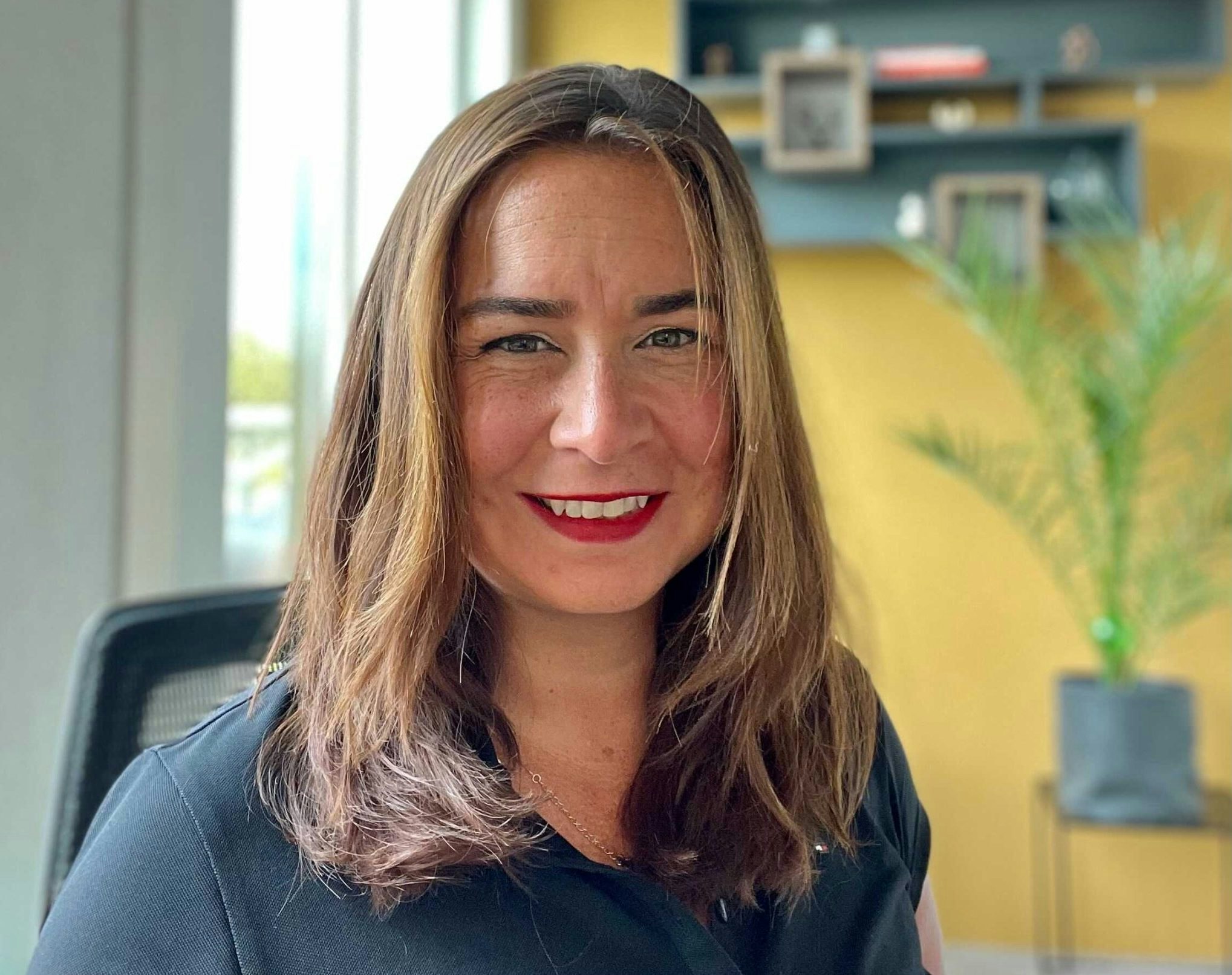
We were really fortunate to raise our recent round when we did and in the way we did, allowing us to fund our recent acquisition of ProfitWell. We’re under no illusion that even a few months later the outcome could have been very different. But the truth is that now, whether you’re well capitalised or not, the biggest challenge facing software companies is buckling down and making sure they are investing in the right places.
The market has changed. The accelerated growth we’ve seen over the past years will return, but for now, it has slowed, cash has become more expensive, and the 10x valuations just aren’t happening. For finance and commercial leaders, it means switching gears fast and pushing a mindset that prioritises operational efficiency and staying lean over growth at all costs. The collective focus for leaders needs to be taking proactive cost-reducing measures now, before they are required, to extend the cash runway as much as possible and mitigate having to fundraise in this climate — where you face a potential downround.
In practice, this includes reviewing your operating costs and finding out where you can make savings; take a look at your top 10 OPEX [operating expense] suppliers and negotiate better pricing, for instance, or reduce the usage of subscriptions or applications no longer in use. It’s about reviewing how and where you are incurring expenses, so you can renegotiate favourable terms and optimise your COGS [cost of goods sold]. It’s managing your resources, being critical of your hiring plan, but being ready to invest strategically where necessary.
Finally, focusing on retention of your existing customer base and growing through expansion revenue is also crucial: acquisition is expensive and you already have a set of happy customers. Adding value for them, and selling more to that base should be the priority for CFOs throughout the rest of 2022.
Daniëlle Keeven, VP finance at Paddle, a payments infrastructure platform for SaaS companies
CFO of GetYourGuide: Planning long term for growth and profitability
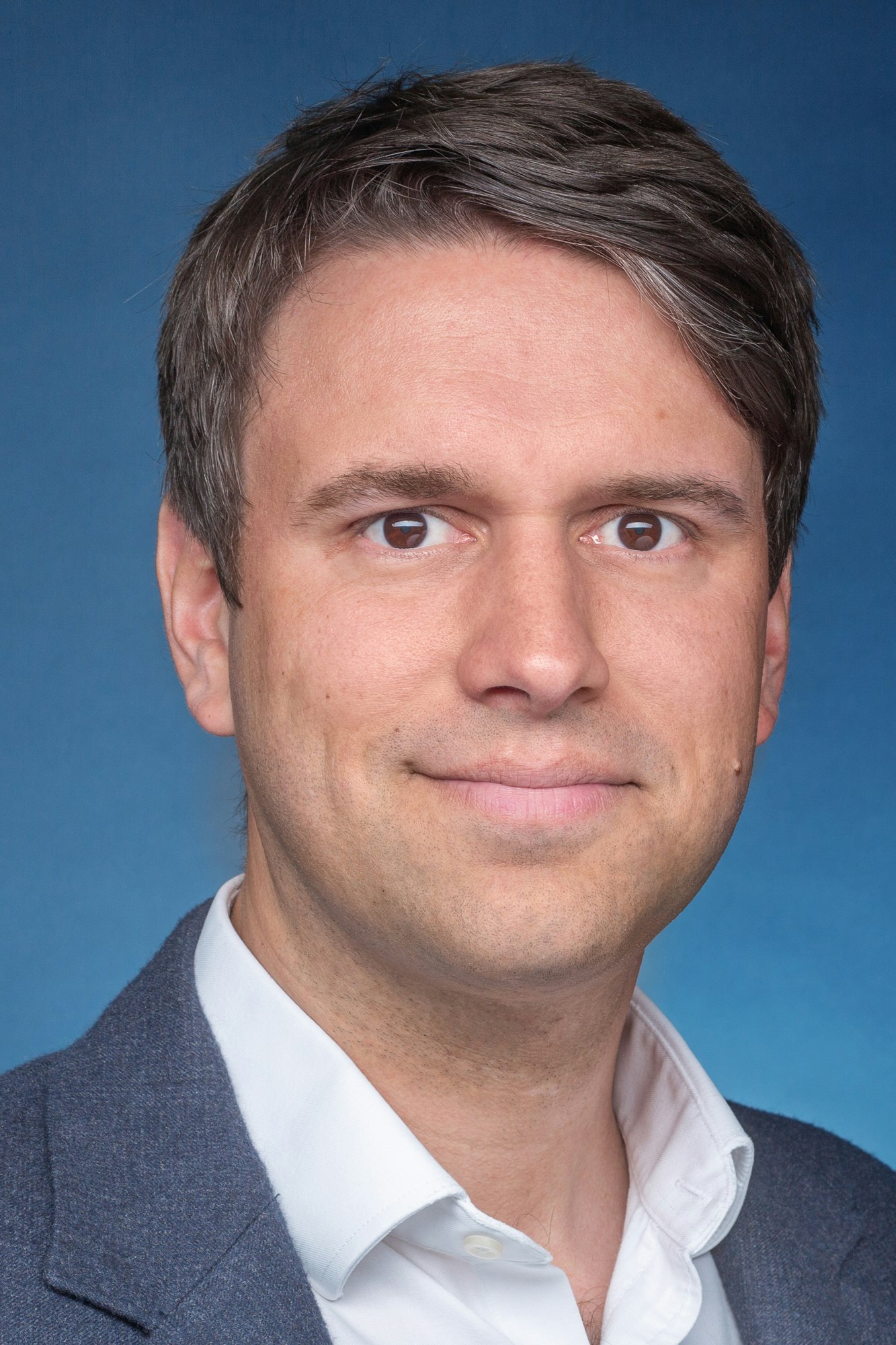
Let’s face reality: the world is going through a turbulent time. Global insecurity remains top-of-mind for businesses and people everywhere. Polarising political agendas, rising inflation, and international crises are only some of the obstacles to navigate. The future is uncertain, making planning complex.
Therefore, together with the whole executive team, we as CFOs in particular have the responsibility to take these challenges into account for our medium and long-term planning to ensure continued growth and profitability. Being agile and frugal — now more than ever — is critical to success. And that is the course I am currently pursuing for GetYourGuide.
At the same time, GetYourGuide has a strong cash position and will be able to navigate the current market volatility while continuing to invest in our customer and supplier proposition.
The travel and experience industry in particular is resilient and experiencing significant post-pandemic demand. Global tourism is once again reaching pre-pandemic levels and research of past recessions has shown that the online travel market has and will grow even during a recession. Consumers prioritise leisure travel over other discretionary spending when disposable incomes decline. People do not forget their holidays lightly. 2023 is set to be a very promising year for the industry at large.
We’re witnessing that travelers are excited to get out and explore the world, and accordingly, we at GetYourGuide see strong double-digit growth vs 2019 in all major European markets — with the US up by triple digits vs. 2019. Fueled by these tailwinds, GetYourGuide’s business is in excellent shape, and we expect a strong year ahead.
Nils Chrestin, chief financial officer at traveltech GetYourGuide
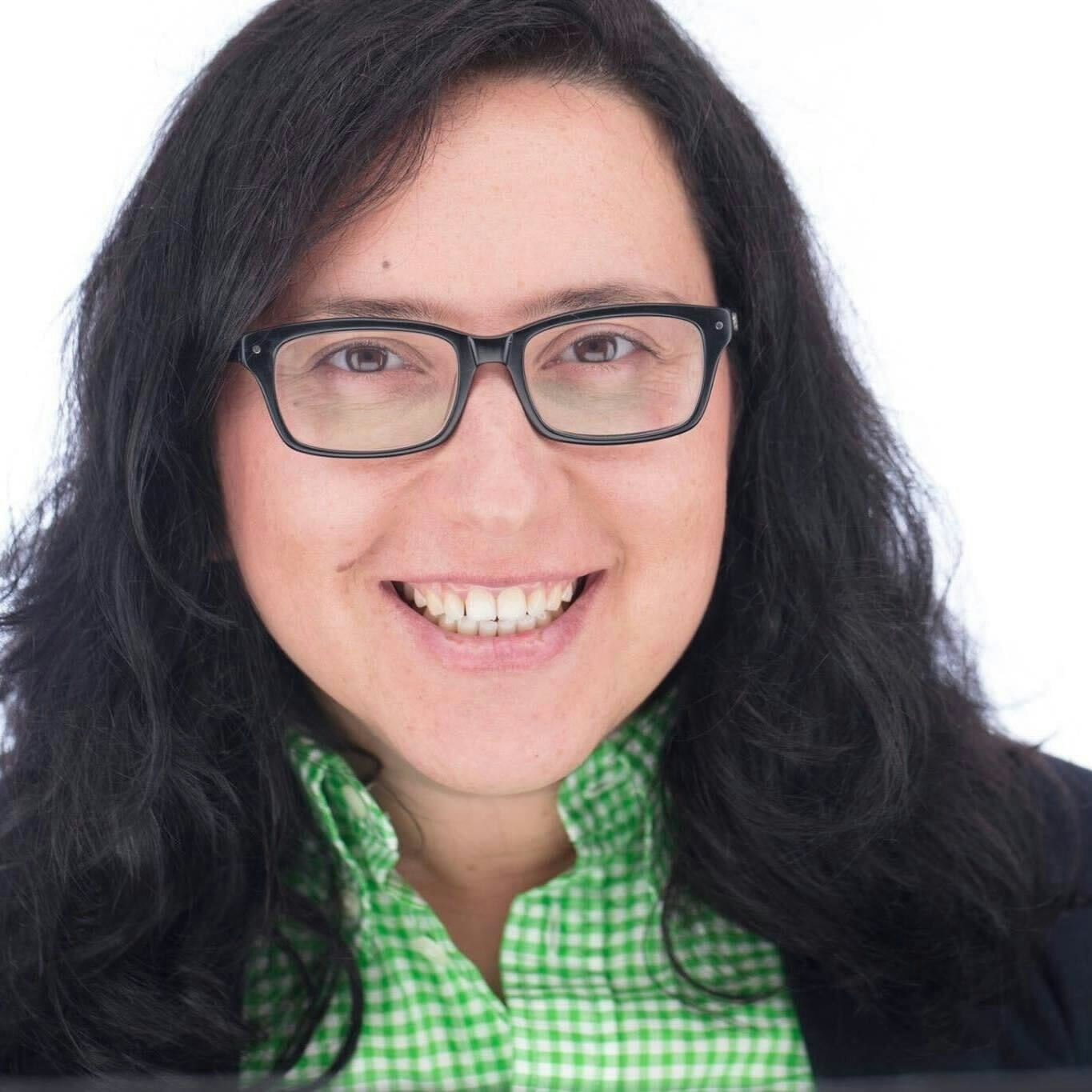
Business leaders across all sectors may have begun this year thinking they had navigated the worst of the Covid-19 pandemic and that one of the biggest economic shocks in generations was over. Fast forward to today though, and the aftermath of the pandemic combined with geopolitical conflict, rising levels of inflation and rising interest rates means businesses are faced with ongoing uncertainty.
Since Bolt was founded in 2013 the business has been built with a frugal mindset by a hard-working and efficient team. This is what's allowed us to successfully challenge some of the largest, well-capitalised companies in history in our European and African markets. Indeed, the effectiveness of our team was on full display during the pandemic when we saw an 85% drop in the volume of rides almost overnight but were able to shift focus and investments to other parts of the business such as the expansion of Bolt Food, our food delivery product.
While the efforts of our team meant we were able to come out of the pandemic in a much stronger position than our competitors, our focus is on the challenges that lie ahead. Projections from the OECD last month suggest that inflation levels in our home market of Estonia will be among the highest in the world, not to mention the 45 other countries in which we operate.
Rising inflation and rising interest rates means the resources needed to drive expansion become more expensive and as a result we have to be disciplined when assessing how and in what markets we invest. This could mean weighing up expansion into new markets versus focusing our growth efforts just on our existing markets. Our culture of frugality and efficiency has served us well so far but the challenges are not going to stop and the team is focused on preparing for and responding to them.
Gintare Kavaliauskaite, VP Finance at mobility superapp Bolt
Miriam Partington is Sifted’s DACH correspondent. She also covers future of work, coauthors Sifted’s Startup Life newsletter and tweets from @mparts_


